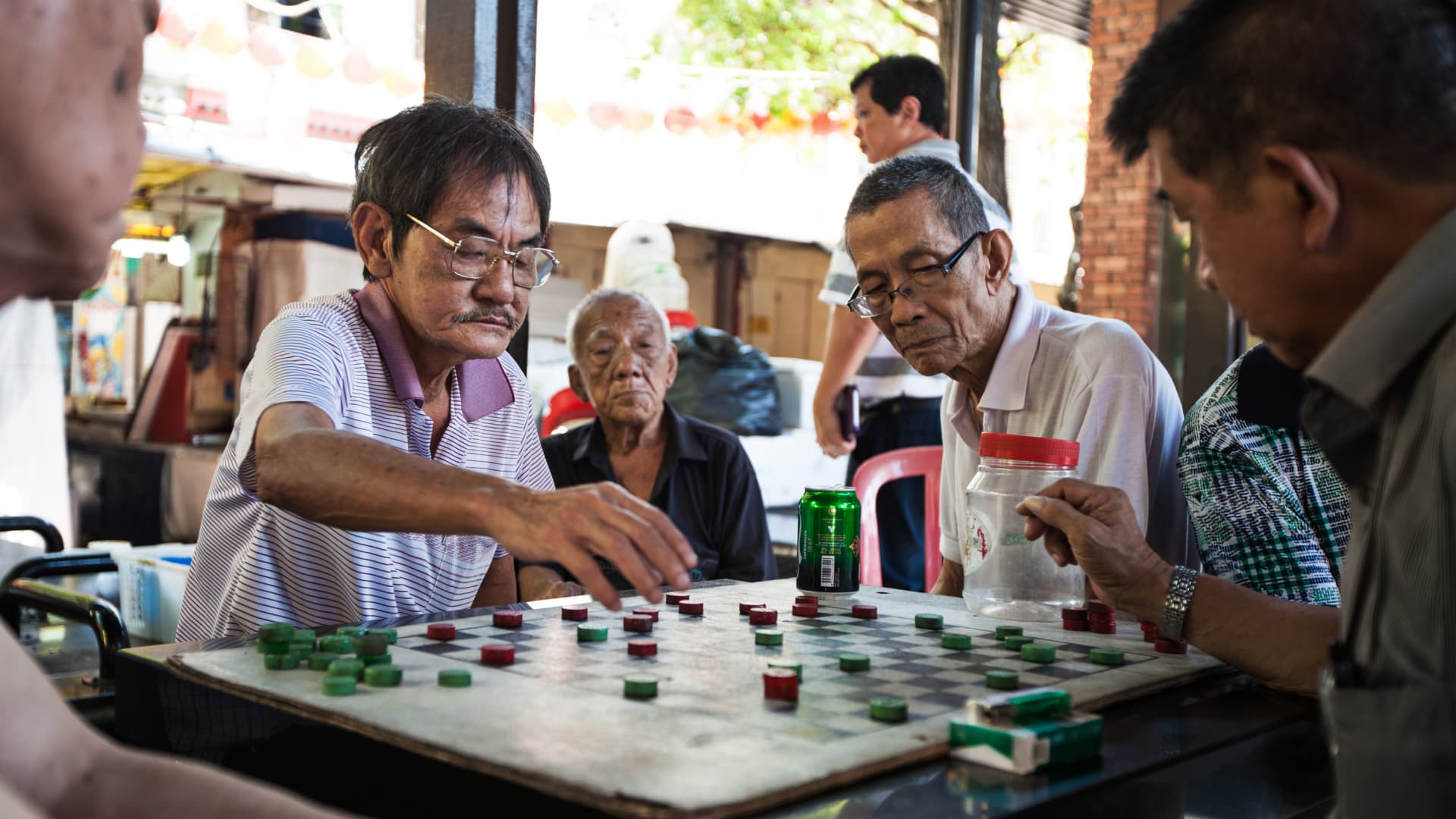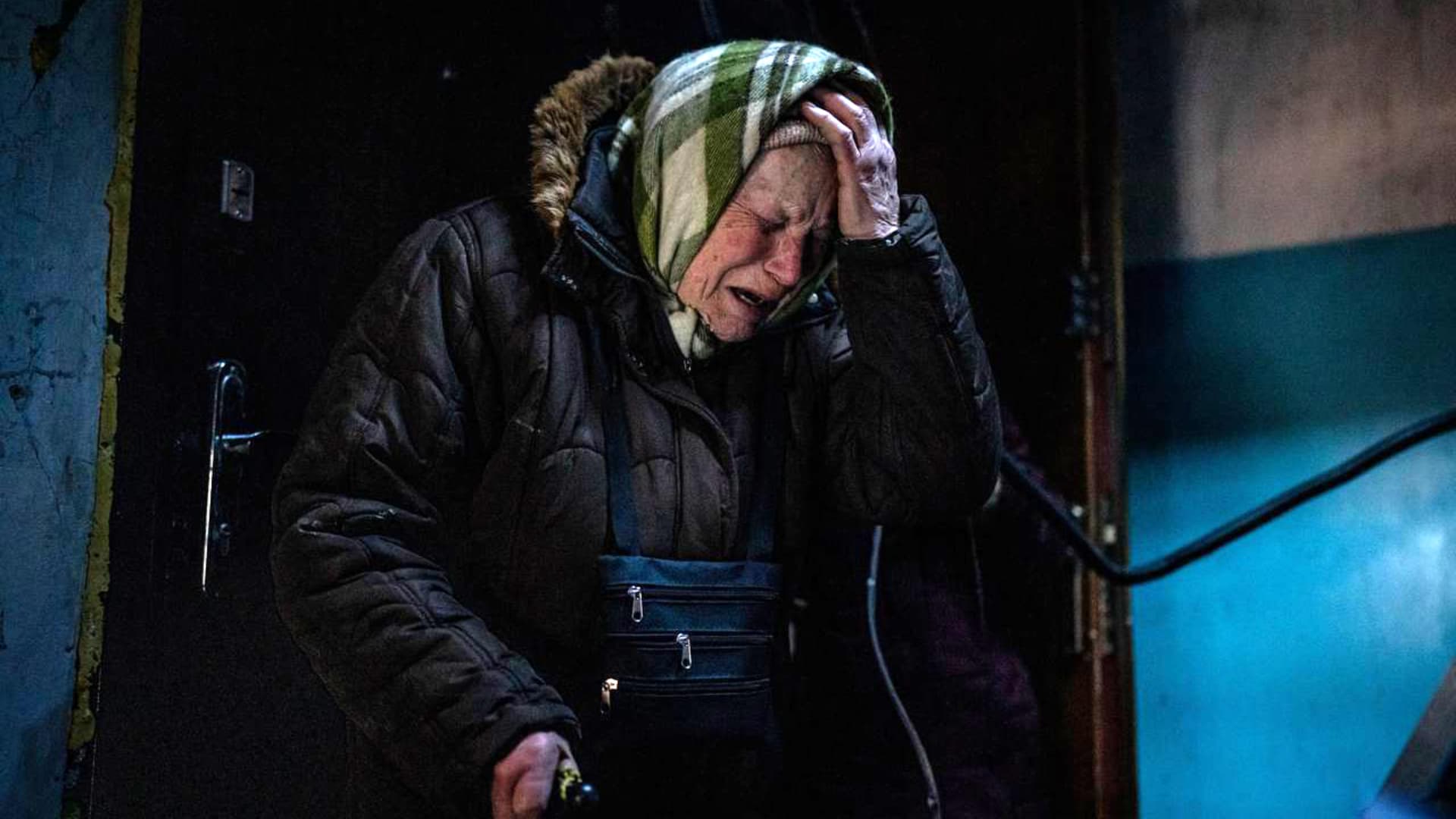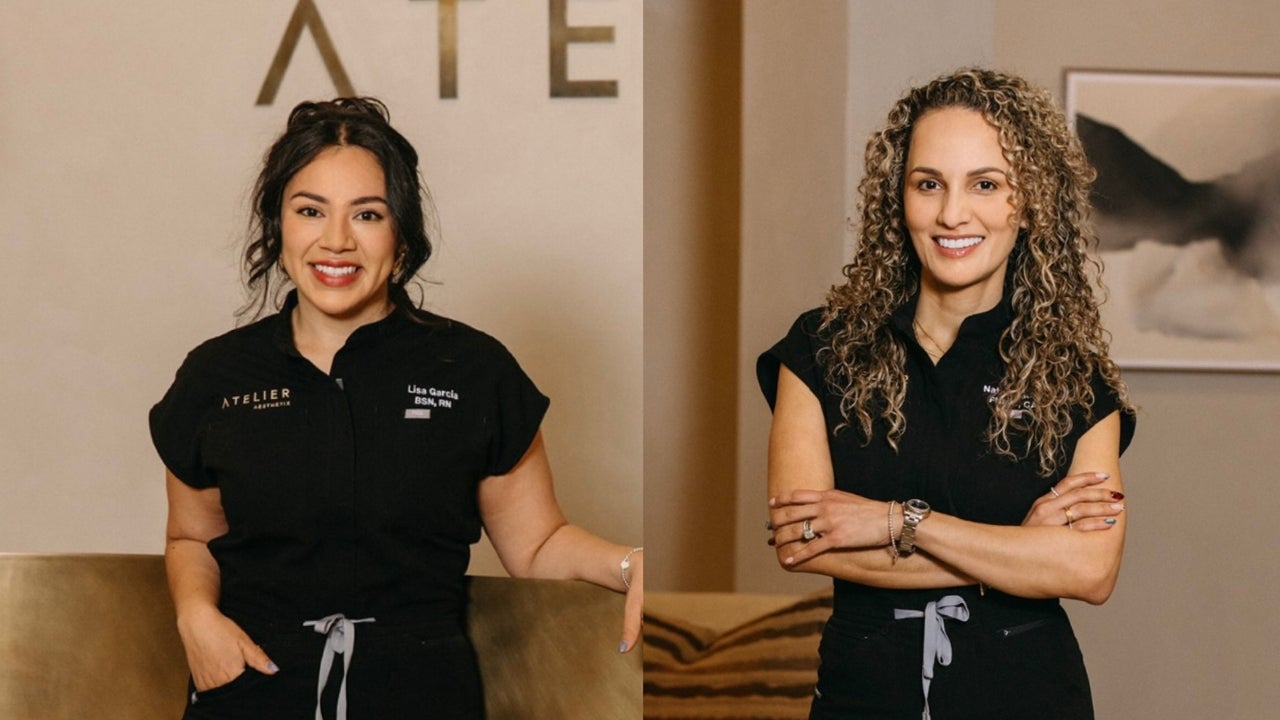As Singapore's aging population grows, businesses are courting older consumers
Singapore's silver economy is set to reach $72.4 billion in value by 2025, according to Aging Asia, a social enterprise that specializes in the business of aging.

Citizens aged 65 and above make up almost a fifth of Singapore's population in 2023.
Nicky Loh | Bloomberg | Getty Images
SINGAPORE — Singapore's population is aging fast.
Citizens aged 65 and above make up almost one-fifth of the population, up 11.7% from a decade ago, according to the government's 2023 population reportn report.
This proportion is also rising at a faster pace than in the last decade — and by 2030, it will reach about 1 in 4 citizens, according to the government.
As the median population age increases, so do opportunities for Singapore businesses providing products and services for seniors.
From health-care startups using artificial intelligence to treat elderly patients, to platforms that curate their lifestyle goods, Singapore's silver economy is booming and a lot of companies a lot of companies want a slice of the pie.
According to Aging Asia's Silver Economy Index 2020, Singapore shows the largest market potential for an aging population among 15 Asia-Pacific countries.
The city-state's silver economy is set to reach $72.4 billion in value by 2025, according to Aging Asia, a social enterprise that specializes in the business of aging.
Shift in seniors' mindsets
A shift in the elderly population's attitude toward spending will influence the growing demand in this longevity economy, said Kelvin Tan, head of applied aging studies at the Singapore University of Social Sciences (SUSS).
"Compared to the previous pioneer generation, Singapore's baby boomer generation is better educated, has more savings and is more aware of where to look for lifestyle resources," said the gerontology expert.
The term "pioneer generation" was introduced by Singapore's government, referring to seniors aged 74 years and above in 2023.
The baby boomer generation — those between 60 to 75 years old — remains silver businesses' key target market segment for the next decade or two, said Janice Chia, founder of Aging Asia.
Their unique attitudes and behaviors will determine the success or failure of businesses in the silver market, she said.
"They have provided more for their children compared to previous generations and are more willing to spend on themselves and new experiences," she explained.
Consumers aged 65 and above clock the fastest rate of spending growth among other age groups in advanced economies like Singapore, according to a report by Singapore's Citibank, local media reported.
Greater demand for health care also drives opportunities for companies that cater to the wellbeing of seniors. Today's older generation is more highly conscious of the need to maintain good health, said Tan.
Baby boomers have made health their "number one priority" as they tend to continue working later in life and remain engaged with their communities in old age, he added.
Citibank estimates that consumers will likely spend more to treat and support the elderly, driving growth potential for health care and health services.
Greater variety of eldercare products
The eldercare market has been growing steadily as more companies offer a wider range of products and develop depth in specialty areas, said Vanessa Keng, co-founder of The Golden Concepts, an e-commerce store that curates eldercare products.
This increase in diversity is good as elderly customers are more likely to find the right solutions to meet their needs, said Keng.
"We have an increasing number of seniors purchasing our products for their partners or themselves," she added.
Stigma is still one of the biggest challenges for older people. They don't want to be seen as frail.
Kelvin Tan
Singapore University of Social Sciences
Many companies design products that help seniors live independently. Devices such as nail clippers with magnifiers, zipper hooks and bendable spoons help older people to dress and feed themselves on their own.
Over the years, Golden Concepts has seen a significant increase in customers purchasing early-stage mobility aids — such as walking canes, walkers and rollators — instead of late-stage aids like wheelchairs, said Keng.
"We take this as a good sign … that people are adopting these mobility aids early, extending their mobile years and maintaining their independence," she said.
Even the food industry is catching on. Startups that produce food and supplements catered to an elderly diet have sprung up to meet the growing market.
The Gentle Group is a startup that's developed a line of pureed food molded into familiar food shapes for those with difficulty swallowing.
Kosmode Health created a starchless noodle for older adults and people with diabetes by using protein and fiber from barley grains.
Companies have also been developing more products that help older people live with "dignity and respect," said Tan from SUSS. These include walking canes disguised as hiking sticks or diapers designed to be part of pants, he said.
"Stigma is still one of the biggest challenges for older people. They don't want to be seen as frail," he said.
Using tech to help older patients
Companies also use technology such as AI and smart home devices to provide health-care solutions for older adults.
A report by Research and Markets estimates that the global market for so-called "senior technology" will grow threefold over the next 7 years, reaching $82 billion by 2030.
Singapore-based health tech companies such as Jaga-Me and Homage pair up older patients with caregivers via mobile applications, targeting the increasing number of seniors who require home? care. According to Singapore's Ministry of Health, about 100,000 seniors will require assistance with at least one daily living activity by 2030.
Other companies monitor patients' wellbeing from afar.
Singaporean startups like SmartPeep and SoundEye use technology to detect when a senior falls, triggering an alert for help when the patient is in danger.
Another homegrown brand, Tetsuyu, developed an AI-powered application that care providers can use to monitor elderly patients' wounds and vital signs from any internet device.
"We see a lot of opportunity to grow our services, especially in helping seniors to live independently … via technologies such as home monitoring and social robots," said Ng Li Lian, co-founder and director of Tetsuyu.
However, while some older adults are early adopters who "enjoy the use of technology to connect and engage with their care providers," others may lack tech savviness and find the use of new technologies daunting, said Ng.
On the extreme end, some seniors may even feel that their privacy is violated by health monitoring technology, she added.
"Care providers may need to invest time to educate [seniors] on the benefits of health monitoring and gradually convince them to come on board," she said.
Opportunities in senior housing
Although more players have entered the aging market, there is still an opportunity for businesses to meet the demand for more assisted living and senior housing, said Chia Hui Xiang, researcher at the National University of Singapore's Saw Swee Hock School of Public Health.
Singapore's health ministry and urban planning authority are co-creating a pilot private assisted living project with other industry players, local media reported.
As of now, there are few assisted living options in Singapore, most of which are targeted at the higher end segment, said Chia.
To encourage the private sector to support Singapore's growing long-term care demands, the government must first address barriers including high land costs, manpower shortage in the long-term care sector and regulatory ambiguities, she said.
"[It] would go a long way in making the business environment more conducive," she added.

 AbJimroe
AbJimroe 
































